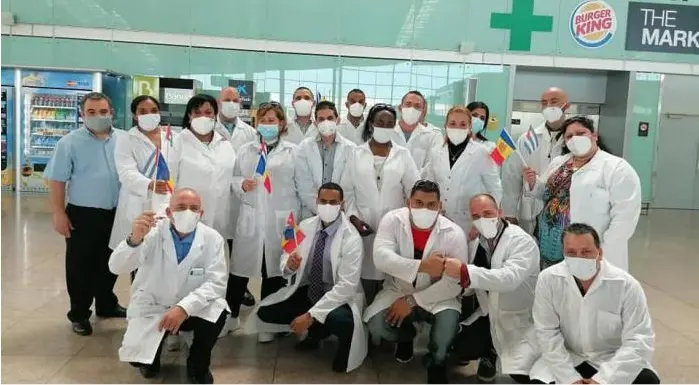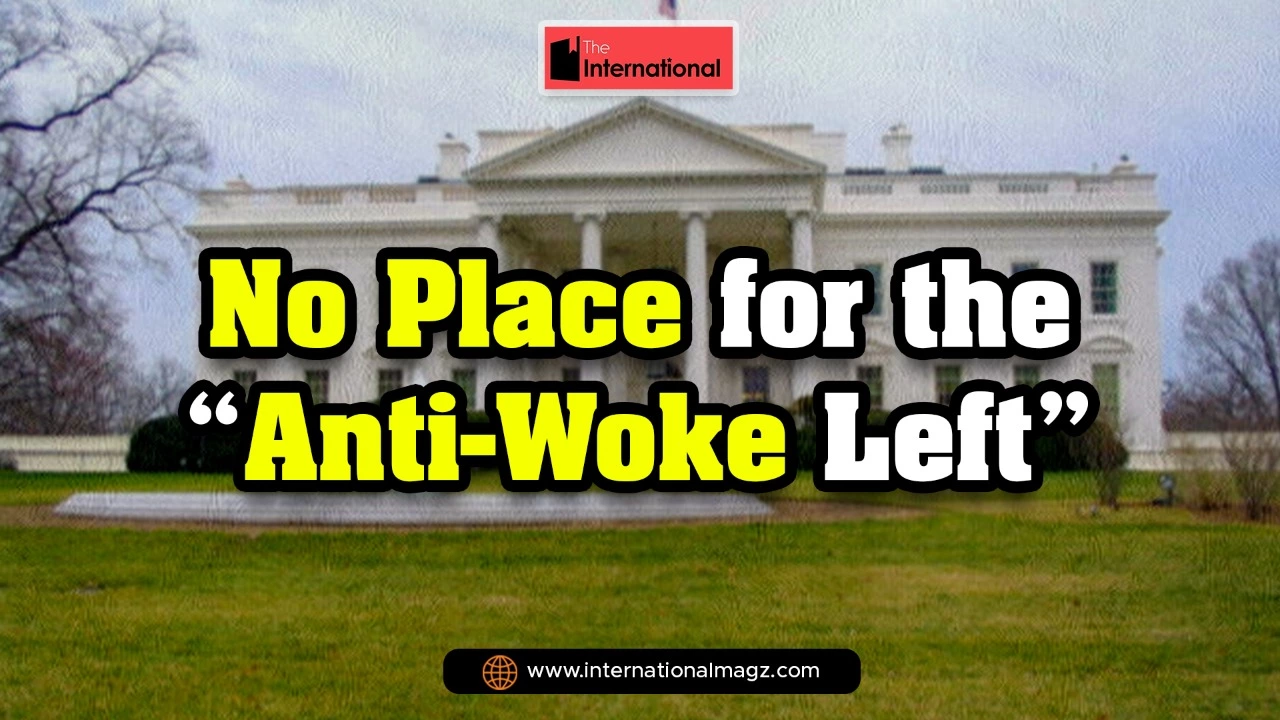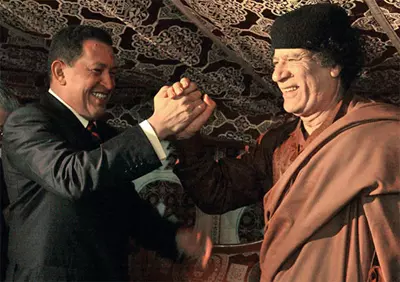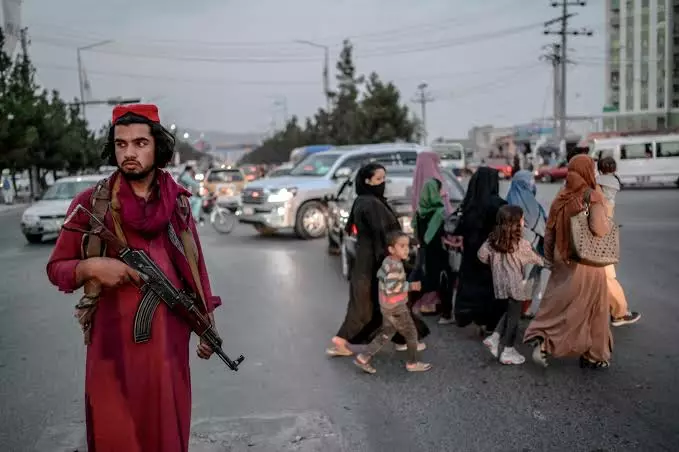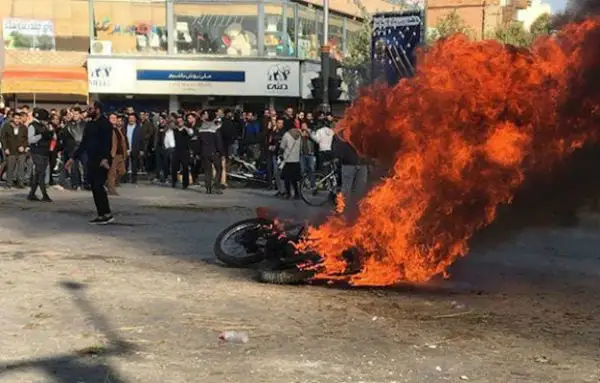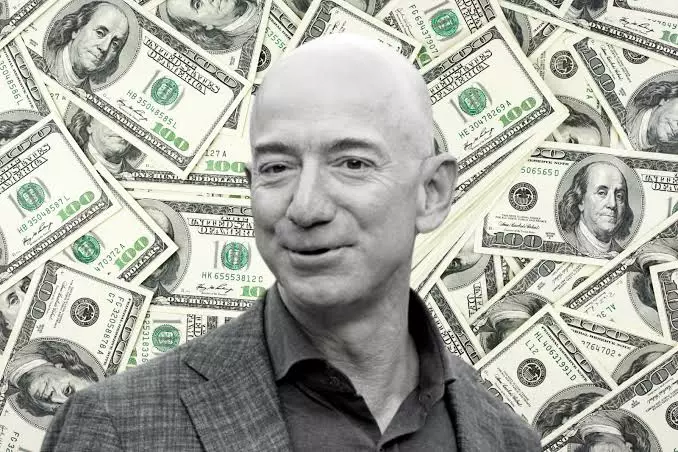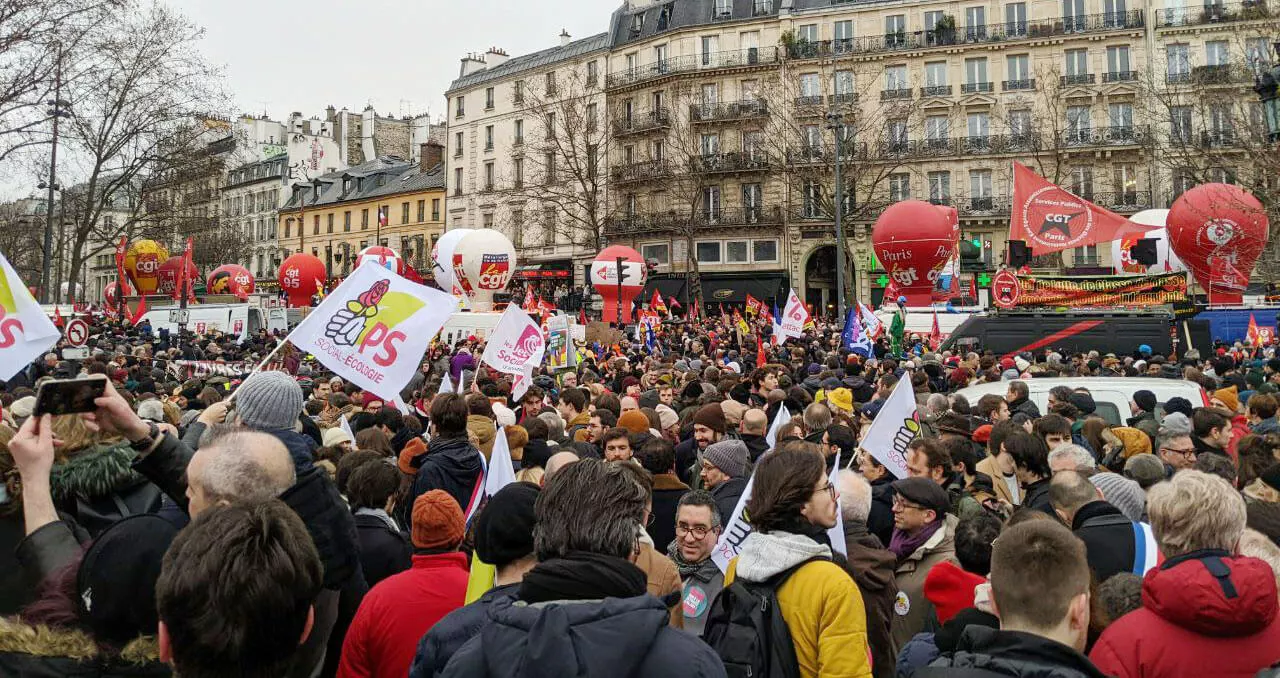In a move evidently aimed at strengthening outgoing US President Trump’s support among extreme right-wing elements of thelarge Cuban-American community, mostly in southern Florida, U. S. Secretary of State Mike Pompeo this week announced that the Trump administration has decided to return Cuba to its list of “state sponsors of terrorism,” in spite of having noevidence to that effect. With only days left in office, Trump and Pompeo are atttempting to complicate President-elect Biden’s announced plans for greater normalization of relations with Cuba by taking a policy action that would be difficult for the Biden team to reverse in the short term.
Since 1960 the United States has continuously maintained hostile sanctions against socialist Cuba amounting to a effective “blockade” or embargo of the island, which is only about 145 km (90 miles) off the tip of the US state of Florida. Sanctions have blocked normal travel and tourism to and trade with the island, money transfers including remittances by Cuban-Americans to their relatives in Cuba, and normal trade except for some food and essential items such as vital medical supplies.
During the Cold War, the socialist government of Cuba was strongly supported by the former USSR. However, with the fall of the Soviet Union, Cuba was forced to look to other options for survival. Currently, Cuba has good relations with Venezuela, which provides the island with low-cost supplies of petroleum, and with other socialist and left and progressive-leaning countries around the world, including China.
In a January 13 article, the Communist Party USA’s online news journal, People’s World, reported that “The U.S. government created its list of ‘state sponsors of terrorism’ in 1979, adding Cuba in 1982. The Obama administration ended that designation in 2015. Re-assigned to the list, Cuba joins Iran, North Korea [DPRK], and Syria. The U.S. classification of Cuba as a terrorist-sponsoring nation represents one element of U.S. aggression against Cuba that began more than 60 years ago as part of the Cold War”
The designation, if allowed to stand, could potentially criminalize US citizens’ solidarity work in support of Cuba,Quoted in the People’s World article, U.S. Congress member Jim McGovern argued that “Coming less than a week after a failed coup attempt at the hands of his own domestic terrorists, Donald Trump’s reckless and baseless decision is nothing more than a vindictive attempt to make it harder for President-elect Biden to clean up after the last four years of failure.”
According to People’s World, McGovern then lamented Trump’s legacy “of inflicting unnecessary suffering and hardship on the Cuban people.”
According to a headline published on January 14thin Granma, official voice of the Central Committee of the Communist Party of Cuba, the island maintains its “Firm, absolute condemnation of fraudulent qualification of Cuba as a state sponsor of terrorism.” The article affirmed that “Cuba is not a state sponsor of terrorism, a truth recognized by all. The official and well-known policy, and the impeccable conduct of our country, is the rejection of terrorism in all its forms and manifestations, particularly state terrorism, by whomever, against whomever and wherever it is committed.”
The statement of the Cuban Foreign Ministry reminded readers that “Cuba is a victim of state terrorism and our population has suffered it firsthand, at the cost of 3,478 fatalities and 2,099 disabling injuries, due to acts committed by the United States government or perpetrated and sponsored from the country’s territory, with the tolerance of official authorities.” The Foreign Ministry declared that “Cubans repudiate with contempt any maneuver meant to manipulate such a sensitive issue, for crude purposes of political opportunism.”
